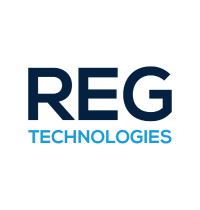Tackling Money Laundering: Safeguarding the Financial Services Market
Money laundering is a pervasive financial crime that poses significant threats to the integrity and stability of the global financial system. Criminals use money laundering to disguise the illicit origins of funds obtained through illegal activities such as drug trafficking, corruption, and terrorism. As a result, stringent AML regulations have been developed to protect the financial services market from being exploited by these criminals...






















